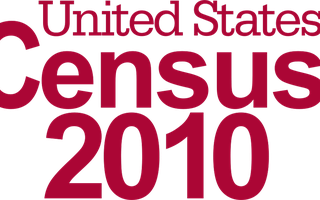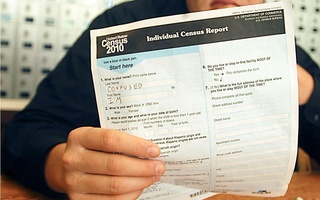After four years of congressional hearings, Census advisory committee meetings and public comments, the federal government decided in 1997 to allow people to check as many racial categories as they want on the 2000 Census.
The change was made in response to pressure from the growing number of people in the U.S. who identify themselves as coming from more than one racial background--these people wanted to do more than check off "other" on the Census form.
"A lot of people that have mixed backgrounds don't fit into simple categories," says Isaac J. Weiler '02.
Zayed M. Yasin '02 says that he usually checks off "other" and so does not know how important the change will be for him, but thinks it will now give a better overall picture.
"It should make things more representative...of what families are really like," Yasin says.
"I think it is great that we are finally beginning to acknowledge the changing face of diversity and that people have the opportunity to identify all of themselves rather than just a selected part," writes Jasmine K. Waipa '02 in an e-mail message.
"The progression of society should undoubtedly be accompanied by the realization that we're growing increasingly complex and most people don't fall under a general category," adds Waipa, who is part Hawaiian, Japanese, Chinese, Portuguese and German. "Things aren't so black and white anymore."
But even though "mixed-race" will be an option, some people of mixed racial background may still choose not to specify their race.
Read more in News
Bush Spent Undergrad Years Away From PoliticsRecommended Articles
-
City Residency Declaration Threatens Student BenefitsOut-of-state students may lose eligibility for certain scholarships and for admission to some medical schools if they fail to sign
-
 Get Counted
Get Counted -
 Census Reaches Out to Undergraduate Students
Census Reaches Out to Undergraduate Students -
 Professors Predict Census Outcomes
Professors Predict Census Outcomes -
Cambridge Census Expected to Count 'Hidden' GroupsThough the 2010 census is unlikely to reflect major changes in the socioeconomic and ethnic makeup of Cambridge over the past ten years, community leaders say they hope that “hidden” groups—specifically same-sex couples and the Portuguese-speaking population—will be more accurately represented in this year’s count.
-
 Thinking Inside The Boxes
Thinking Inside The Boxes













